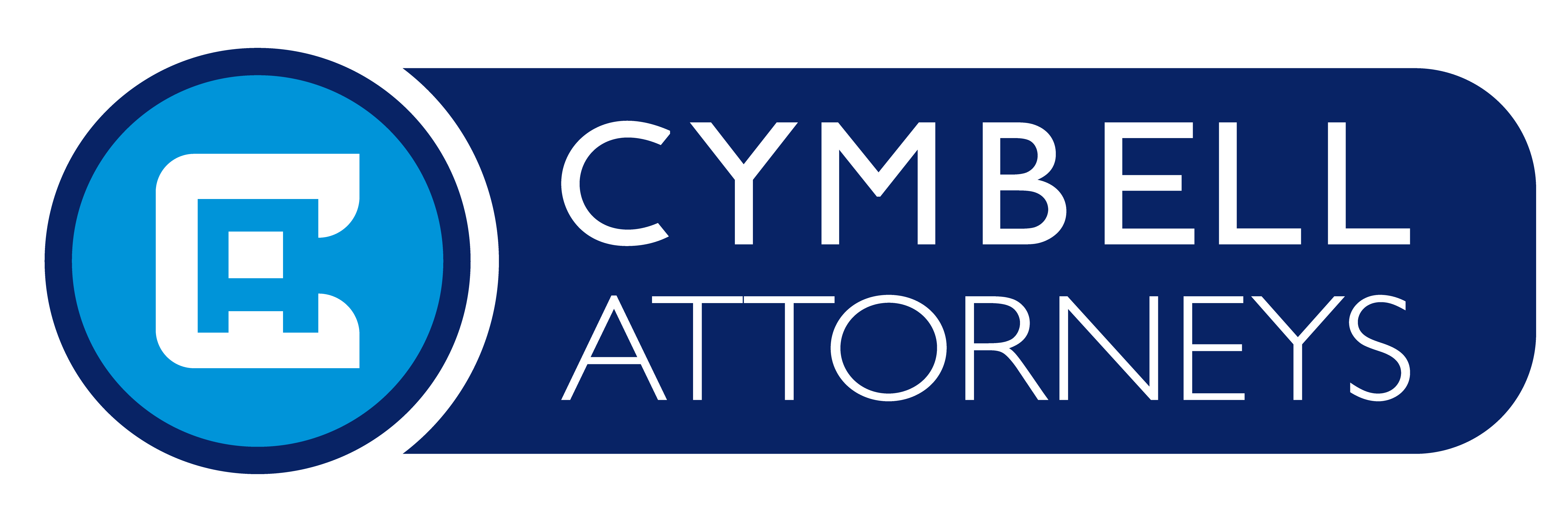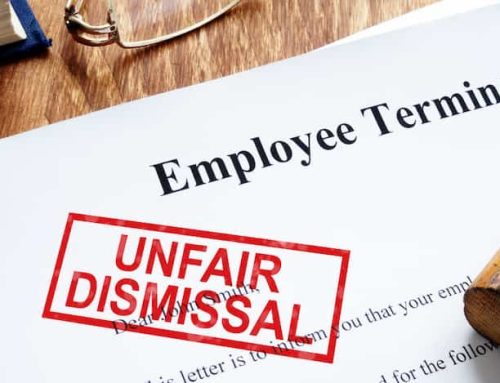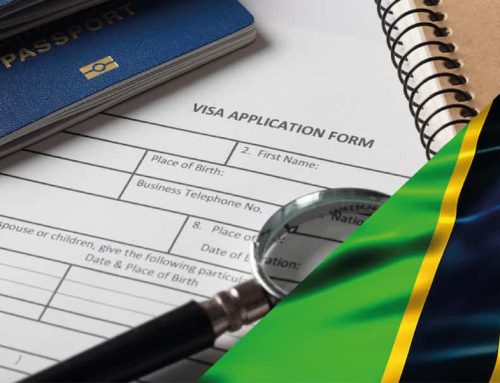Tanzania has been going through a commercial boom recently and the trend is higher year on year. For example, from the year 2016, Tanzania has witnessed an over 67% increase in the number of FINTECH start-ups. Entities such as Gpesa, Nala, ClickPesa, Wakandi and now Azam Pesa all point towards a growing trend in the space in Tanzania as investors have spotted the prevalence of mobile money transactions as opposed to traditional banking that is more common in the west.
Business entities, particularly ones dealing with finance related aspects tend to have the need to employ various finance and business software in order to facilitate their activities. This is especially true for the emerging FINTECH firms in the country which are likely to pay for software from foreign distributors.
A company may either lease, acquire or build software to facilitate its business and what option is selected mainly depends on the capital of the firm and the specific requirements of its business.
Some firms may find acquisition or building of software to be a more favourable option compared to leasing, however these are tied to a much higher initial costs and the need to constantly maintain said software. This has led to a situation where companies rely on paying for the license to use needed software as it is much less cost prohibitive and the responsibility to maintain and update such software is still left to the owner/distributor.
THE CASE FOR DOMESTIC SOFTWARE OWNERSHIP
Tanzanian firms with the expertise and capacity may consider building or acquiring software for licensing to cater to the emerging commercial space in Tanzania. Payment for the use of software may be preferable to a firm over acquisition but acquisition may be a more financially sound decision where the acquiring firm intends to license said software to several other firms with similar use cases and demand.
Since software is not permanently restricted to production capacity, as is the case for physical commodities, it can be replicated by the owner/publisher by however many copies are needed. For instance, for one to sell more oil, they need to drill more of it from the ground in order to address the demand. Where there is an increase in demand in a particular software, this requirement simply does not exist. Software is infinitely scalable and once it is built or acquired it can be supplied without production concerns.
Thus, the growing demand for financial and business software in Tanzania may be addressed with an adept enough firm.
Exclusive rights to software can only be fully sold once but it can be licensed forever to address whatever demand erupts. Currently there is a global silicon chip shortage. Manufacturers of various electronics such as computer hardware, mobile phones and even car makers are finding it excessively difficult to keep up with the demand for their products which has resulted in the increase of production costs and loss of potential income. This is simply not an issue that can directly affect a software manufacturer.
With this to consider, the number of clients one can secure for their software will dictate how much can be earned. Thus, owning of software and then licensing the same to clients may, over the long-term, be a much wiser financial decision than complete sale since financial gain, considering other business factors are optimal, is likely to be much higher. In conclusion, you can only transfer ownership once, but you can license forever.
Intellectual property protection considerations
The ownership of software in Tanzania carries a different sort of concern from having a user licence. The concern that owners of software in Tanzania must address is the protection of their valuable IPs from third parties who may wish to reproduce, sell or otherwise exploit the same without approval. Fortunately, Tanzanian laws do cater for the protection of software as intellectual property however it should be noted that such protection can only be offered where registration is done.
-
Patent.
A patent allows an owner of software to the rights of ownership and employment of the software for a specific amount of time and this is applicable to software that is an invention, new and involves an inventive step and is
industrially applicable as per Section 8 of the Patents (Registration) Act, Cap. 217.
Patenting of software is possible in Tanzania as per Section 18 and 28 of the Patents (Registration) Act, Cap. 217 where registration is sought to grant the right to the software owner to use and market their software in exclusion of other persons. And where third parties may wish to use said software then the same can be licensed by the owner as per Section 61 of the Patents (Registration) Act, Cap. 217.
Patents are also protected in Zanzibar as under the Zanzibar Industrial Property Act, 2008 as under Sections 6, 11 & 12.
2. Trademark.
A trademark can include the name(s), symbols, phrases and so on that are used in connection to a person’s software. Having a trademark is essential to the ownership of software since it allows for its recognition and distinction from other products.
The application for the registration to use a trademark is provided for under Section 21 of the Trade and Service Marks Act, 1986 and upon its grant, the owner of the trademark will be able to protect the software from attempts at mimicking its name(s), phrases or symbols.
In Zanzibar, the Zanzibar Industrial Property Act, 2008 as under Section 47 gives procedure for the registration of a trade or service mark in order to effect its protection.
3. Copyright
In Tanzania, copyright aims to secure published or unpublished software and the registration of the same is as provided for under the Copyright and Neighbouring Rights Act, Cap 218 for Tanzania Mainland and the Copyright Act, 2003 for Zanzibar.
Unlike patents and trade & service marks, copyrights are registered with the Copyright Society of Tanzania (COSOTA), for mainland, and Copyright Society of Zanzibar (COSOZA), for Zanzibar.
Tanzania is also a member of various international IP protection agreements and organizations including the African Regional Intellectual Property Organization (Oapi), African Intellectual Property Organization (Aripo), Patent Cooperation Treaty (PCT) and so on, which help to cater to the realization and protection of intellectual property rights.
Registration of patents and trade & service marks is to be done by the Zanzibar’s Business and Property Registration Agency (BPRA) or Tanzania Mainland’s Business Registration and Licensing Agency (BRELA).
Therefore, ownership of software in Tanzania is a possible venture as there exists a thriving and booming market and legal protection and recognition already exists to cater to the same.
THE CASE FOR USE OF SOFTWARE THROUGH LICENCE
Payment for the use of software may also be preferable to a firm in Tanzania over acquisition of the same. The reason for this is that acquisition is a financially sound decision only where the acquiring firm intends to license said software to several other firms with similar use cases and demand. Where a firm only needs to use a particular piece of software to facilitate its business it does not need to acquire such software but rather just pay for its use.
This makes sound business sense as it helps to keep the cost to income ratio of the firm at a minimum.
Licensing is what happens when a person “buys” software. Indeed, the transaction might be commonly termed as “buying” or “purchasing” but the traditional meaning of purchase or buy is to receive complete ownership of a particular thing or right through the payment of an agreed upon sum of money.
Where one pays money to use a particular software, for example Microsoft Office, what is being paid for is not the software but rather the right to use that software within the limitations of the terms and conditions attached to the use of said software.
Therefore, one does not acquire exclusive rights to do with a piece of software as they please after paying for the same. This is in essence the same principle that applies to other expressions of art such as songs, movies and books. The same way a book is not yours to copy, publish and sell without authorization is the same way you cannot do the same with software bought and paid for.
The global practice is that payment for the use of software is equivalent to payment for goods and services. Hence, the software manufacturer or distributor is in essence equivalent to a shopkeeper selling a bottle of water. Thus, to the manufacturer, money generated from such transactions are equivalent to business income.
In Tanzania, however, the position is different. The sale of software licenses, since the year 2019, is not regarded as the sale of business goods. In Tanzania, where a payment is made for software to a foreign owner or distributor such payment is regarded as royalty and not as an ordinary payment. Hence, the software is taken to have been leased as a copyright.
This was discussed at length in the case CELTEL TANZANIA LIMITED V. COMMISSIONER GENERAL (TRA) CIVIL APPEAL NO. 56 OF 2018 in which the Court of Appeal of Tanzania elaborated that the purchase of software is not a purchase of a product but rather it is equivalent to payment for royalties in exchange for the right to use a particular software as per Section 3 of the Income Tax Act, 2004 [Cap. 332 R. E. 2019].
Tax implications on payment for the use of software
Royalty payments, therefore, attract income tax against the software owner or distributor that is to be withheld by the purchaser since such payments have a source in the United Republic.
Foreign firms as well must consider this difference in consideration of payments for software. Since these payments are regarded as royalty, the selling firm must keep in mind that part of the payment (15%) must be withheld by the buyer. This is by meeting the revenue requirements that have been set up by the law. Firstly, a payment has to be reported in the financial statements of a company in order to allow the Tanzania Revenue Authority (TRA) to take note of the same.
Secondly, before full payment is made, an amount equivalent to fifteen percent (15%) of the payment must be withheld and eventually paid to the TRA as income tax. Section 82 and First Schedule Rule 4(b)iii of the Income Tax Act, 2004 [Cap. 332 R. E. 2019] provides that income tax to be withheld from payment of software is fifteen percent (15%). This is the amount that will be chargeable
One might wonder: Why is income tax being imposed and against whom? The answer is that since a foreign software firm is not a registered tax payer in Tanzania but still gains an income from Tanzania it has to pay tax. Hence, it is the responsibility of the purchasing firm to withhold that tax payment for the TRA and remit the same. If this is not done, the burden of tax is placed on the purchasing firm as per Section 84(3) of the Income Tax Act [Cap. 332 R. E. 2019]
“A withholding agent who fails to withhold income tax in accordance with Subdivision A must nevertheless pay the tax that should have been withheld in the same manner and at the same time as tax that is withheld.”
Thus, tax is always a factor that must be taken into account to avoid unforeseen expenses and/or liabilities.
Conclusion
Regardless of the path taken, a firm purchasing software needs to be sufficiently vigilant to make adequate provisions for withholding payments with the software distributor. With this in mind, an organization must always be certain of and cautious to ensure that a software-based agreement has sufficient provision for withholding payments. This is especially crucial for the purchasing firm since failure to withhold payment will lead such purchaser to be personally liable to pay that withholding amount to the TRA.
Hence, familiarity with Tanzanian revenue laws aids in the avoidance of being caught by surprise with unexpected tax consequences.
Important Notice:
This publication has been prepared for information purposes only, and it does not constitute professional advice. You should not act upon the information contained in this publication without obtaining specific professional advice. No representation or warranty (express or implied) is given as to the accuracy or completeness of the information contained in this publication, and, to the extent permitted by law, Cymbell Attorneys, its members, employees and agents do not accept or assume any liability, responsibility or duty of care for any consequences of you or anyone else acting, or refraining to act, in reliance on the information contained in this publication or for any decision based on it.






